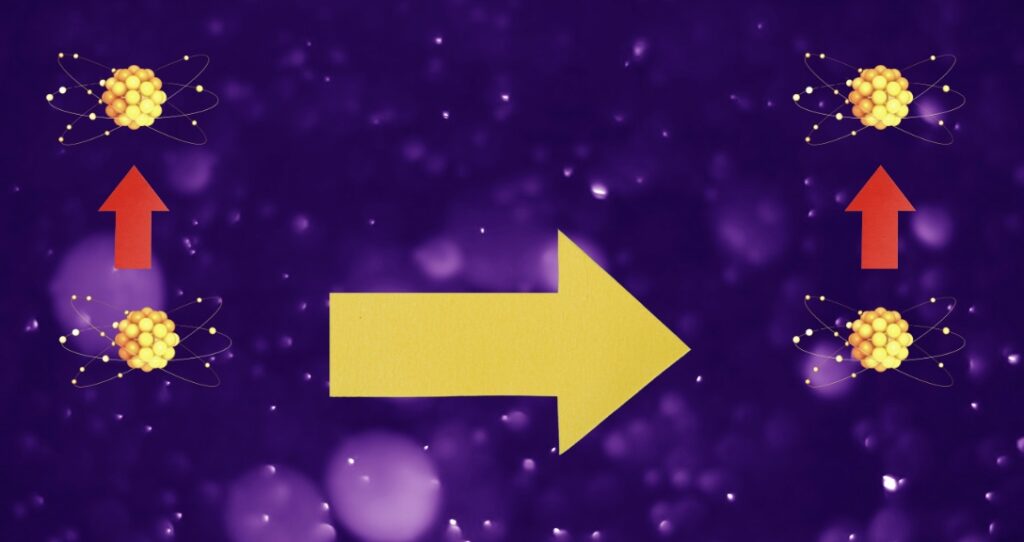Introduction
Quantum entanglement, a term that sounds like it’s straight out of a science fiction novel, is actually one of the most fascinating and least understood phenomena in modern physics. This concept, which even challenged the understanding of Albert Einstein, who described it as “spooky action at a distance,” continues to be a subject of intense research and debate in the scientific world.
What is quantum entanglement?
Imagine two particles, such as electrons or photons, that are entangled in such a way that the state of one instantly affects the state of the other, regardless of the distance separating them. This means that if we change the state of one particle, the other will change its state instantly, even if they are kilometers apart. This phenomenon challenges our traditional understanding of communication and causality, as it seems to occur faster than the speed of light.

Einstein and quantum entanglement
Albert Einstein, along with Boris Podolsky and Nathan Rosen, presented the famous “EPR paradox” in 1935, arguing that quantum entanglement implied that quantum mechanics was an incomplete theory. Einstein was never comfortable with the idea that information could travel instantaneously through space.

Practical applications
Although it may seem like a purely theoretical topic, quantum entanglement has surprising practical applications. For example, it is the basis of emerging technologies such as quantum computing and quantum cryptography. In quantum computing, it allows for calculations at incredibly fast speeds, while in quantum cryptography, it offers a form of communication that is virtually impossible to intercept.
Curiosities and recent advances
Quantum teleportation: Although it sounds like science fiction, quantum entanglement is a key step towards quantum teleportation. This does not involve teleporting physical objects, but rather the information that constitutes them.
Experiments with photons: Modern experiments often use light photons to study entanglement, due to their ease of manipulation and measurement.
Large-scale entanglement: Recently, scientists have managed to entangle macroscopic objects, an advance that could have significant implications in the field of quantum physics.
Conclusion
Quantum entanglement remains a subject of great mystery and fascination. Although it was initially a challenge for physicists, it is now a fundamental tool in the development of advanced technologies.











